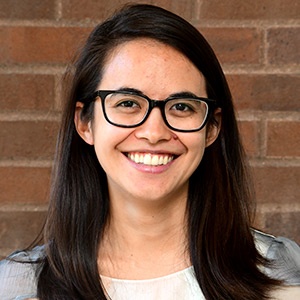The premature death of a parent or sibling can have many direct effects on family members, including hindering their future health and education. School of Public Health (SPH) researchers studied who among a group of young adults was most likely to have a sibling or parent die and how often students experiencing such deaths obtain a college education.

The study was led by PhD student Naomi Thyden and recently published in the journal Annals of Epidemiology.
Thyden says she wanted to research the subject because the college years are a time when the demands on students are great and college policies may not be designed with those types of challenges in mind.
“I think college is a time when young people are expected to consistently perform at a high level because they don’t have family obligations and distractions that, for more privileged people, tend to come later in life,” says Thyden. “Older people often have policy supports, such as paid time off, to afford them the time to deal with parent deaths that college students don’t often have.”
To learn more about family deaths, researchers used data from the National Longitudinal Survey of Youth 1997, which started studying people in 1997 as teenagers through the present day. When participants were between the ages of 13 and 22, they were asked if they had a sibling or parent die during those years. When they were between 29 and 32 years old, they were asked if they had graduated from college.
The study found:
- Black and Native American adolescents (ages 13-18) and young adults (ages 19-22) were about 2-3 times more likely to have lived through the death of a close family member than white participants;
- Young adults who were college-aged when a sibling or parent died were about half as likely to graduate from college;
- Adolescents, who were high school-aged when a sibling or parent died, seemed to be less affected when it came to graduating from college, perhaps because they had time to recover before starting college.
“The findings show that it’s important to design college policies that consider and support all aspects of students’ lives, including their own health and the health of their families,” says Thyden. “Unfortunately, this research is likely more relevant than before, as data shows COVID-19 causes a disproportionate amount of illness and death among racial and ethnic minorities. It’s also important because universities looking for ways to save money might be tempted to cut elements of student support.”
Thyden says future research might look at specific reasons why a family death during college-aged years makes it harder for someone to graduate from college. It should also explore other life experiences that, in combination with college policies, hinder graduation among Black and Native American young adults.

